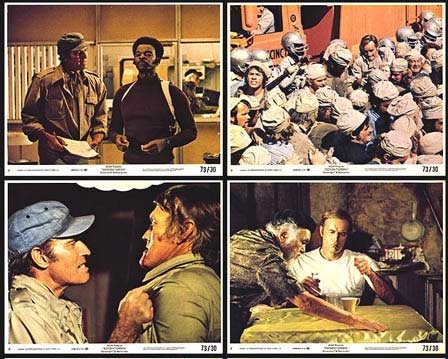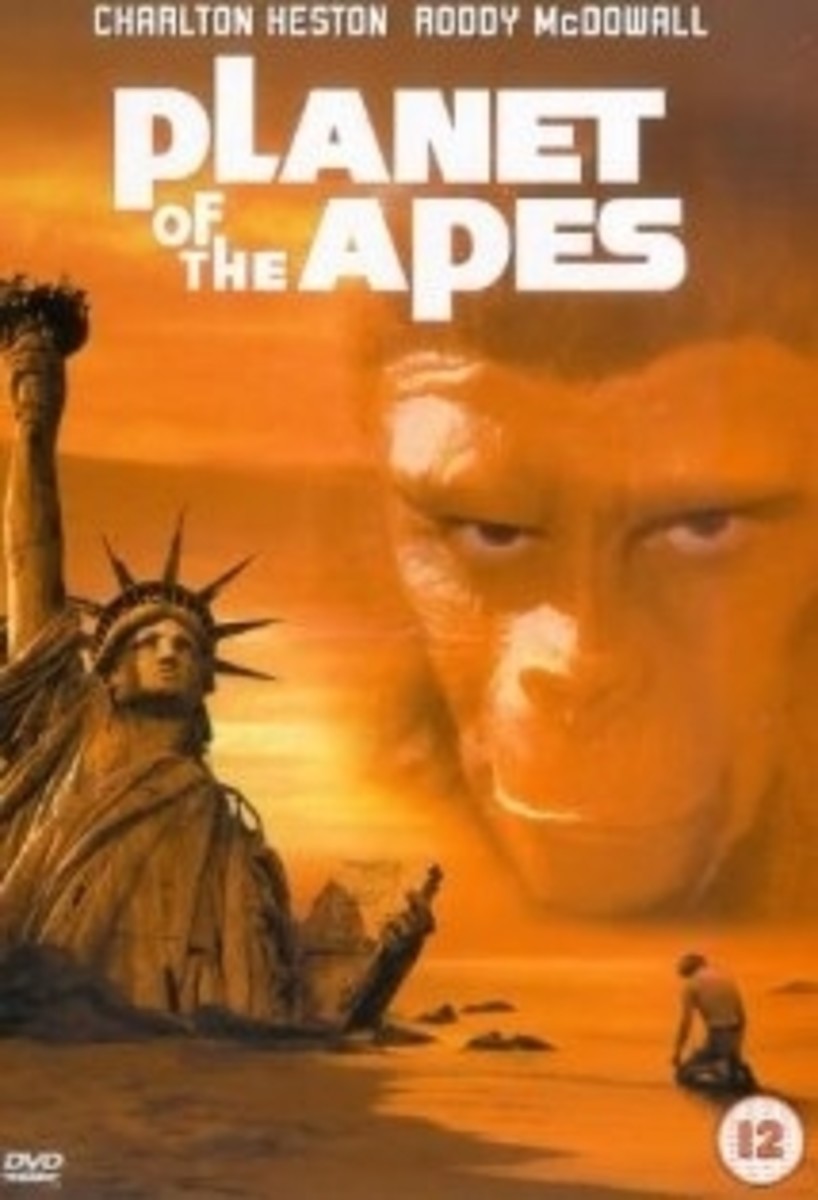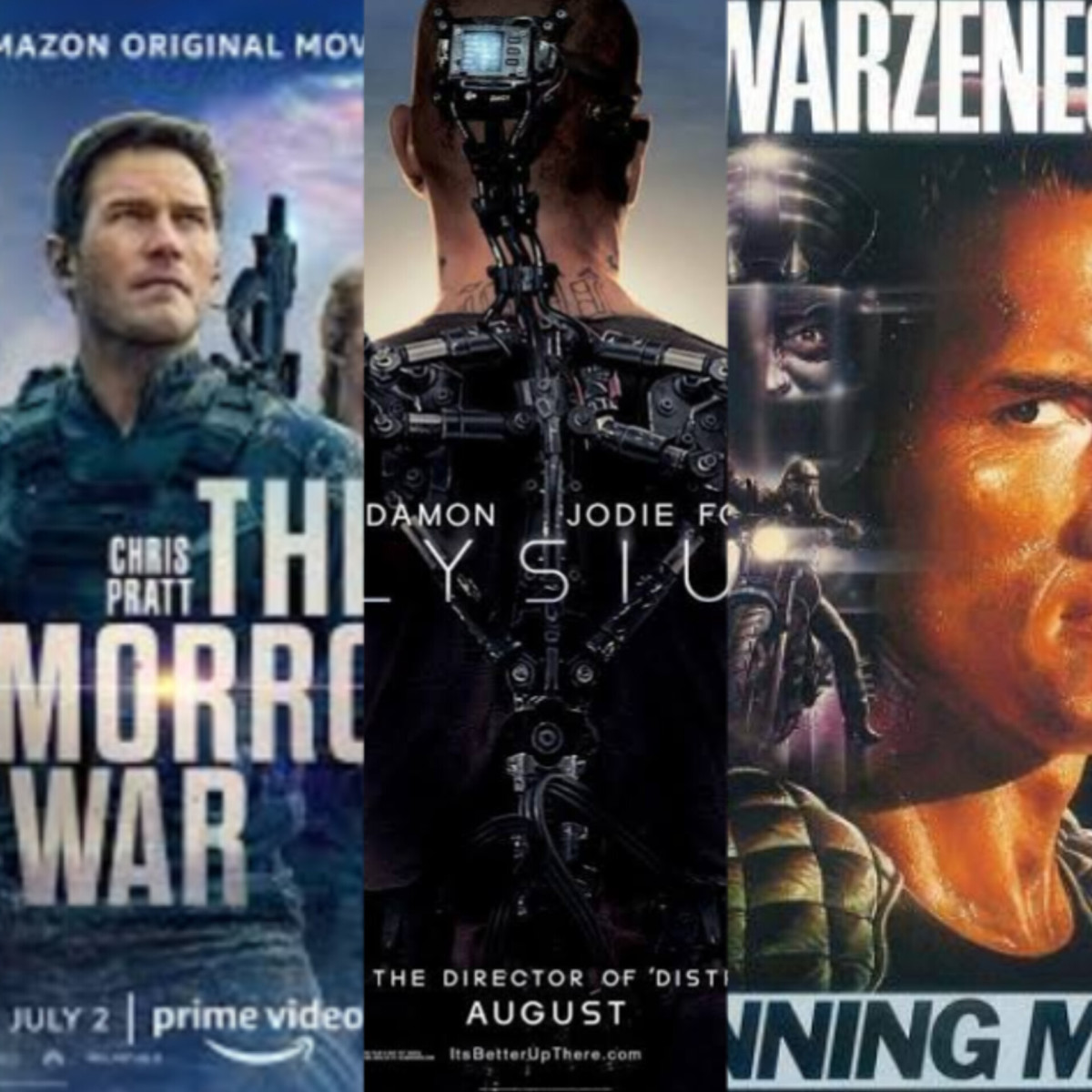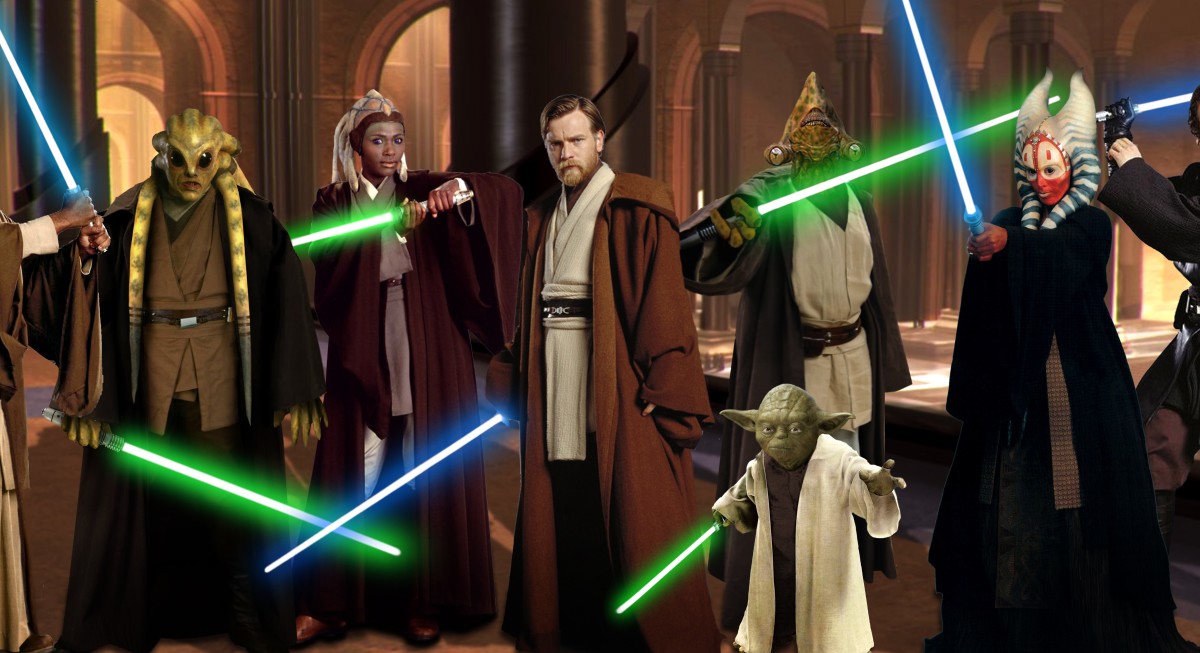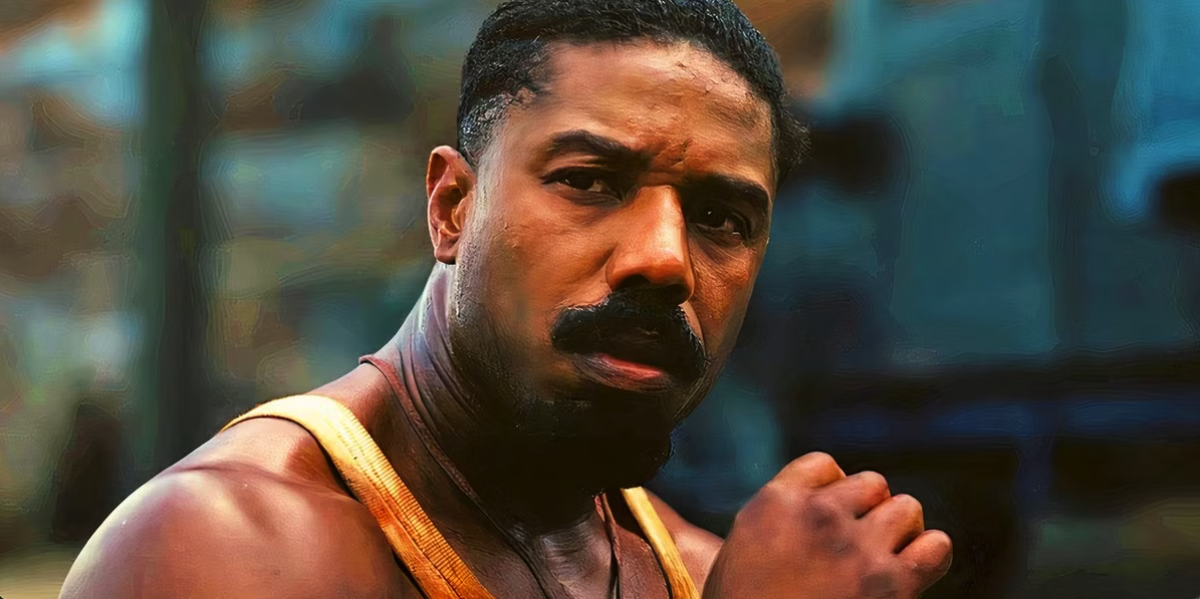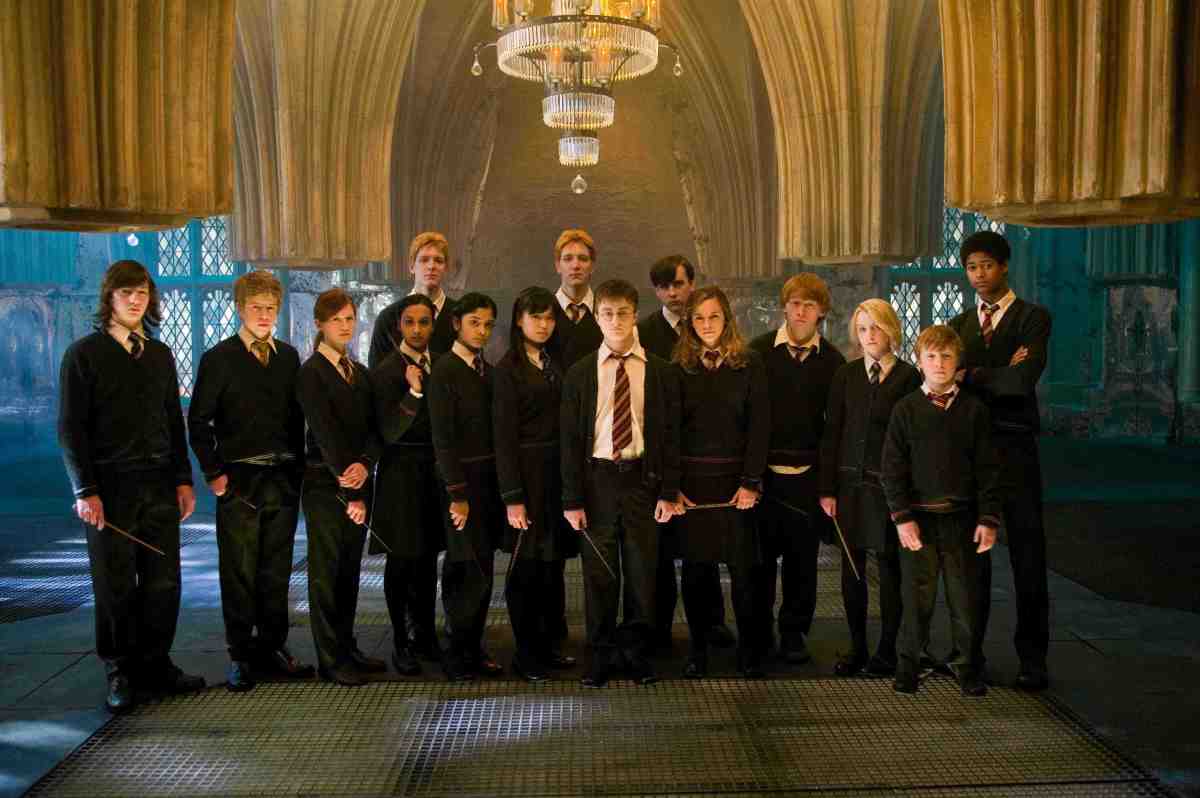Soylent Green (1973) - Food for Thought
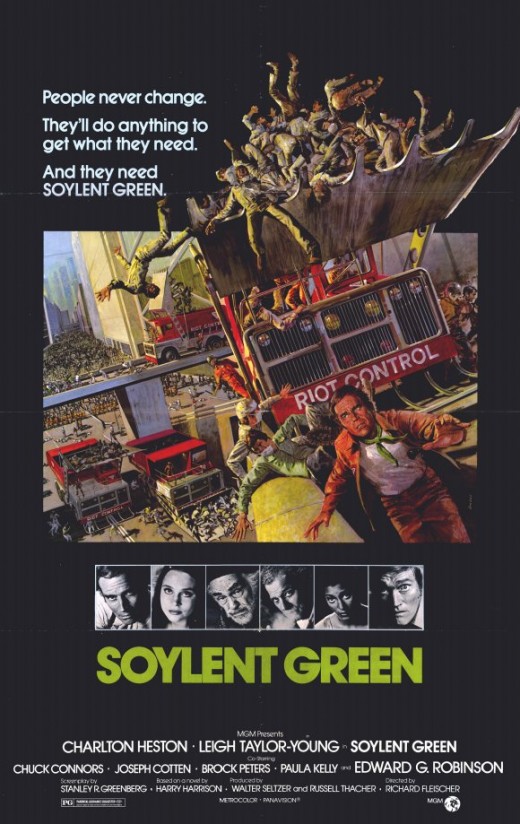
Soylent Green was directed by Richard Fleischer and premiered on 19th April 1973. It starred Charlton Heston, Edward G. Robinson, Chuck Connors, Joseph Cotten and Leigh Taylor-Young. Screenplay by Stanley R. Greenberg. Music by Fred Myrow. 97 mins.
Warning - This article contains spoilers.
Set in a highly implausible future (actually the MGM backlot with a minumum of futuristic touches) the year is 2022, the place an over-populated New York whose 40 million inhabitants depend on synthetic foods manufactured by the Soylent Corporation.
Charlton Heston plays Thorn, a cop who in the course of a murder investigation, discovers the awful truth about Soylent Green (advertised as high-energy plankton), the synthetic food which keeps the nation from starving.
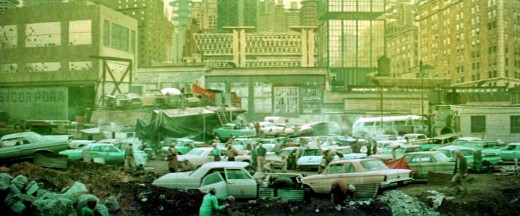
Sol: There was a world, once, you punk.
Thorn: Yes, so you keep telling me.
Sol: I was there. I can prove it.
Thorn: I know, I know. When you were young, people were better.
Sol: Aw, nuts. People were always rotten. But the world 'was' beautiful. When I was a kid, you could buy meat anywhere! Eggs they had, real butter! Not this... crap!
The plot has little to do with Harry Harrison's novel Make Room! Make Room! (1966). The rather indigestible revelation works well enough in the context of the movie, but is utterly at odds with the themes of the original story. In the book, Harrison discusses the issues of contraception and its beneficial effect on population, he coined the word "soylent" from "soy beans" and "lentils", and the people of his future are largely and necessarily vegetarian.
Nevertheless, Soylent Green achieves what it sets out to do. It provides commentary on the population crisis (a theme that was recurrent throughout the 1970s), and adds a little shock value to make people sit up and pay attention. The vision of a teeming, overpopulated and festering New York is recreated quite well.

In this dystopian future older members of society are persuaded to commit euthanasia as a means of population control, and the social structure in general is teetering on the brink of collapse.
Edward G. Robinson's fine performance as a dying old man coaxed into a euthanasia clinic is touching, for he was dying in real life as well. Charlton Heston's tears at the old mans death were real, the legendary actor died of cancer just 10 days after filming wrapped.
Thorn: It's people. Soylent Green is made out of people. They're making our food out of people. Next thing they'll be breeding us like cattle for food. Listen to me, Hatcher. You've gotta tell them! Soylent Green is people! We've gotta stop them somehow!
The line "Soylent Green is people!" was ranked #77 on the American Film Institute's 100 Great Movie Quotes list.
Soylent Green won a Nebula Award for Best Science Fiction Film of 1973.
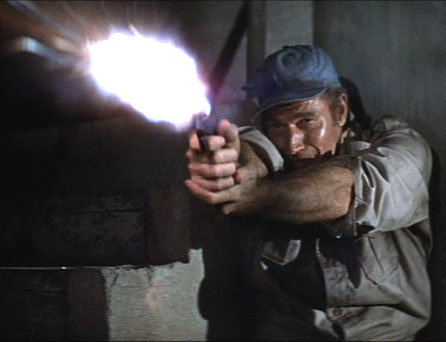
The critics wrote -
"There is, of course, every reason to view the next century with some fear. But "Soylent Green" projects essentially simple, muscular melodrama a good deal more effectively than it does the potential of man's seemingly witless destruction of the earth's resources." (New York Times)
“The somewhat plausible and proximate horrors in the story of Soylent Green carry the production over its awkward spots to the status of a good futuristic exploitation film.” (Variety)
“Lively futuristic yarn with a splendid climax revealing the nature of the artificial food, marred by narrative incoherence and by direction which fails to put plot points clearly across.” (Halliwell)
"Heston, forsaking his granite stoicism for once, makes a properly gruff policeman, but it is likely that Soylent Green will be most remembered for the last appearance of Edward G. Robinson, who plays a cantankerous intellectual. In a rueful irony, his death scene, in which he is hygienically dispatched with the help of piped-in light classical music and movies of rich fields flashed before him on a towering screen, is the best in the film." (Time Magazine)
